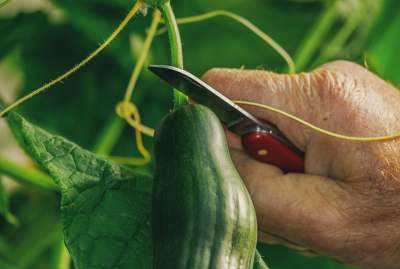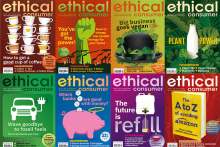This includes information on the:
- ethical food
- home
- travel & transport
- finance
- personal products, and
- community sectors.
We include key figures on growth, and provide forecasts for the future of ethical spending in the UK based on attitudinal survey data. The 2023 Ethical Markets Report is available along with all previous editions. The research, sponsored by Co-op Food, was conducted during 2023.
Overview of current ethical markets in the UK
Our 2023 report shows the growth of ethical markets faltering significantly across most sectors for the first time since 1999.
However, there were two big growth areas where spending increased significantly:
- spending on electric cars increased by 80%
- spending on green electricity tariffs increased by 40%
These played a key role in pushing the overall value of the ethical market up by 7% in 2022.
The previous Ethical Markets Report (2022) shows that ethical markets grew by almost 35% in 2021, expanding to £141.6 billion. That was the largest jump in the value of the market we’ve seen since we started tracking it in 1999.
That record-breaking growth was driven by three markets in particular: electric cars, renewable energy tariffs, and ethical investments.
Read on for a breakdown of ethical spending in different market sectors.











